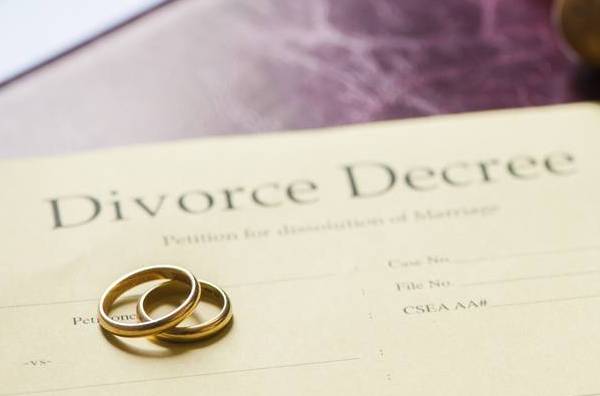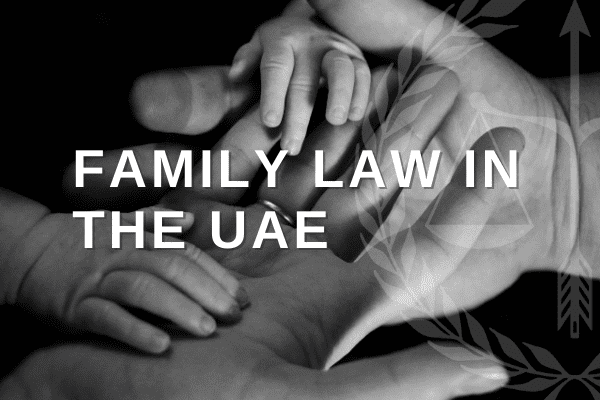Divorce Process in UAE for Muslim Couples

The Legal Process of Divorce in UAE for Muslim Couples
Islamic marriages are governed by the Sharia law so as the legal dissolution of marriage. Despite the troublesome and complicated process of terminating marriage, Divorce in UAE for Muslim couples rates continuously increases, and marriage qualities have significantly changed.
Commencement of divorce in UAE entails certain requirements to be met such as: the couple must be resident of UAE for at least six months prior to the filing for divorce. In addition, it is important to note that filing divorce must be supported with legal grounds such as, but not limited to; Mental incapacity, Disability, Adultery, Abuse, Desertion and other legal grounds permissible under Sharia law.
Under Sharia law, there are two types of divorce – revocable and irrevocable. In revocable divorce, the marriage remains valid within the waiting period of three months. After this period, should the parties reconcile, they can do so by entering into a new marriage contract. On the other hand, irrecoverable divorce terminates the marriage as soon as the decree issued.
Brief summary of filing divorce process in United Arab Emirates for Muslim couples are as follows:
- Divorce proceeding can be filed by the husband or by the wife. The initial step requires the case to be registered at the Family Guidance Section at the respective judicial department in one of the emirates.
- Thereafter, the court will then appoint conciliator who will initiate a reconciliation proceeding between the parties. This is an indispensable process under UAE law. During this proceeding, divorcing parties will be entitled to address their concerns about the marriage. This can be done even in the absence of their respective legal representatives.
- If amicable settlement fails and one of the parties or both are determined to dissolve their marriage, then the conciliator will issue a referral letter granting them permission to elevate the matter before the court and determine the conclusion of the divorce case.
- Once the referral letter is issued, this letter can be submitted before the court within three months from the date of issuance.
- Once the court obtains jurisdiction over the divorce case and subject to the court’s discretion, divorcing parties will be directed to provide their corresponding evidence to support their respective claims and lay down their own defense.
In addition, UAE government issued recent amendment towards divorce cases by virtue of Federal Law Number 8 of 2019 amending Federal. The following are the most significant amendments encompassing divorce proceedings and case determination:
- Under the new law, if the wife filed the divorce under grounds of adultery and she fails to prove the accusations, the case can be dismissed right away and no appeal will be permitted
- Under Article 118(2) of the new Law an order must be issued within 90 days from the date of appointment of conciliator. However, if conciliator fails to reconcile the parties, settlement proposal must be recommended to the court, and copy must be provided to the divorcing parties.
- Under Article 120 of the new law, if the parties fail to reconcile, the following will be considered:
- if it is proven to be the husband’s fault, the wife can seek divorce and other financial rights.
- if it is proven to be the wife’s fault, it can be dealt with in the following two ways: (i) divorce will be granted divorce upon paying a certain amount of compensation; or, (ii) unless husband request to maintain the marriage, the court, subject to the court’s discretion to preserving the marriage, can reject the divorce.
- Under Article 120(4) of the new Law, if the conciliator fails to reconcile both parties due to mutual mistake of both parties, conciliator can order either party to pay compensation on pro-rata basis to the other one who is less guilty or get the divorce without any compensation. However, under Article 120 (5) of the new law, if the parties cannot reconcile and the reason behind filing for divorce is unknown or cannot be located, there can be two options: (i) If the husband is the applicant for divorce, the conciliator can recommend dismissing the case; (ii) Whereas, if the case has been registered by the wife, the conciliator will choose whether to issue an order for divorce with a lump sum amount or to dismiss the case in the interest of preserving the family.
When arranging a divorce, seek the advice of our team having a specialist divorce lawyers in Dubai (with knowledge of local Sharia law). We are ready and willing to handle your legal matter



